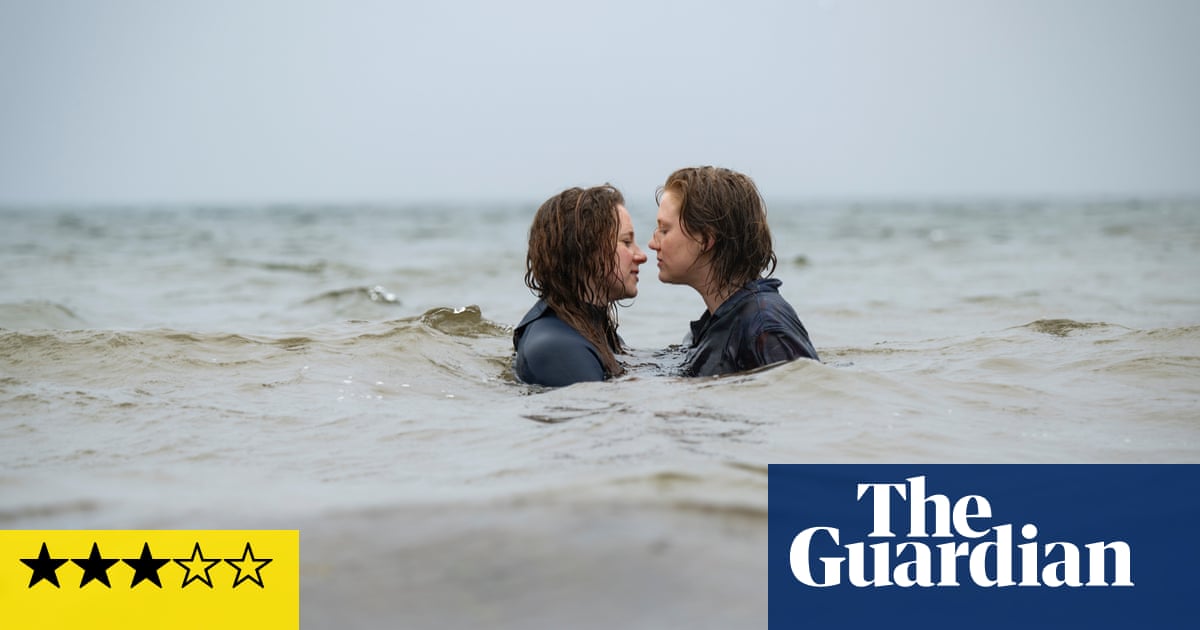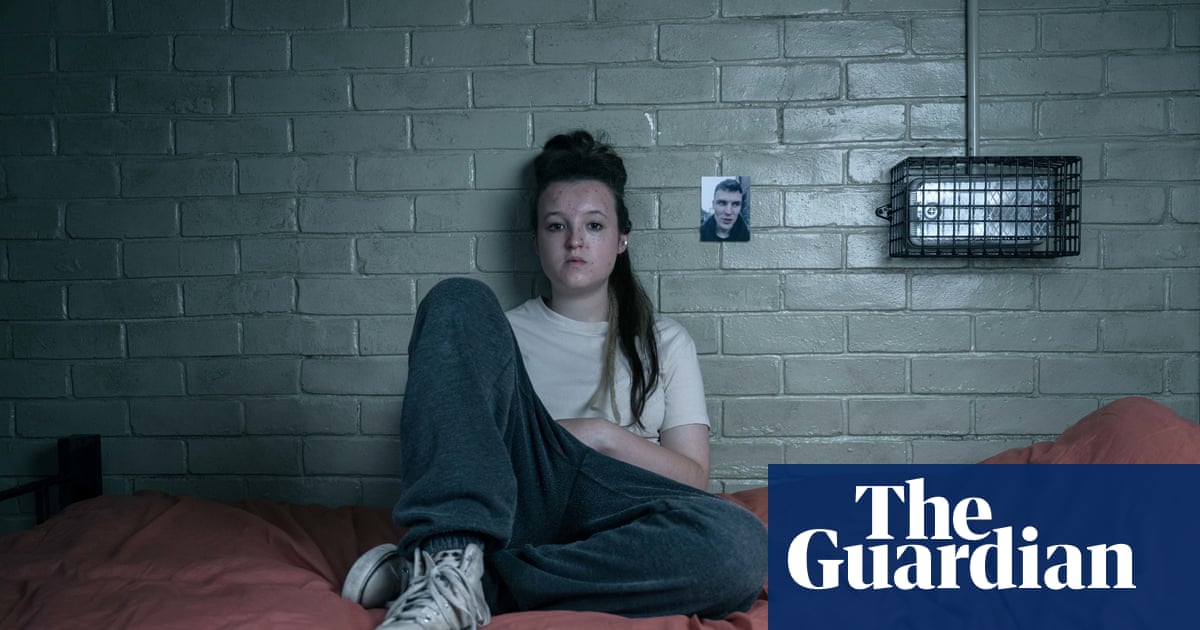
The first series of Float picked up several awards and a dedicated audience for its youth-leaning small-town love story between two female lifeguards. Over six 10-minute-ish episodes, this “microdrama”, written by the acclaimed playwright Stef Smith, revealed itself to be both a romance – as Jade (Hannah Jarrett-Scott) falls for her seemingly straight colleague Collette (Jessica Hardwick) – and a bigger mystery: why is Jade so depressed and withdrawn? And what had caused her to suddenly drop out of university in Glasgow and return home? It ended on a note of impressive ambiguity, daring not to resolve everything neatly, leaving the loose ends hanging with a nod to realism rather than wish fulfilment.
We rejoin them for a second series 18 months later. The leisure centre where Jade and Collette worked is being pulled down, and both of them find themselves back at home after a long period apart. Collette is now living in Edinburgh, where she is training to be a nurse. She is caring for a sick father and a cold, distant mother. Jade, meanwhile, went back to Glasgow to face the music after she attacked a homophobe in a bar, lives with her mother and is undergoing court-mandated anger management therapy. “It’s been a long time, stranger,” says Jade, as the pair finally meet up again.
Without the swimming pool, the title becomes more symbolic. As they live in a coastal town, the water-based moments of poignant romance have moved to the sea instead; while unrelated to the story, I wince at the sight of anyone putting their head down into open water – though I do appreciate the distinct lack of poetry in breaking off from a meaningful look to check the Surfers Against Sewage app for any recent spills. The setting does mean that Float often looks very lovely indeed. Small towns can be neglected on television, which tends to favour the bustling hyper-busyness of the city, but this captures the palpable and eerily specific feeling of growing up somewhere that resolutely does not bustle. It has a dreamlike quality, at times, and the scene in which a group of friends bring chips and booze to a roaring beachside fire is deeply nostalgic.
Since the mystery of Jade’s recent past has been resolved, there is a big question as to where it might go next. The notion of home, and what that might mean for different people, looms large, and the series moves on to how Jade and Collette relate to their parents how Collette comes out – and whether she should have to come out – in a small town to a mother who isn’t quite ready to hear it. In addition to the beach, the local pub also acts as replacement for the leisure centre, bringing characters together in a place where some can grow loose-lipped enough to overshare, and others can listen in and overhear crucial information, EastEnders-style.
As this is short-form drama, time and space are at a premium. Float’s episodes are concise, and they have a lot of ground to cover in a brief period. It is well crafted enough to know that it can’t just race through a more traditional structure and format. It has to find wider meaning in standalone scenes, in moments that imply much more than they show directly. Mostly, it succeeds. Now that Jade and Collette’s initial affair is over, there is a lingering question of will-they-won’t-they, again. Their chemistry is strong, and the messiness of it believable. But while Float attempts to force its characters to grow and learn, it often falls back on teenage-ish angst to propel the story forward. This means Jade remains maudlin and self-centred, which may try the patience of older viewers.
It has a tendency to opt for broad brushstrokes rather than fine details. Perhaps this is one of the limitations of its running time, or perhaps it is part and parcel of its YA feel. It is intended for an audience who may be more used to watching video content on their phones rather than on the living room telly, and its attempts to reach a younger audience show in its earnestness. The first series dealt with homophobia, abortion and depression; this time around, there is illness, therapy and coming out. Some of the ambiguities are now more fixed. There is even a romcom-esque pursuit of a departing bus. Even so, Float is a worthy outing in many respects for a narrative about life in a smaller town, particularly for those who may feel as if they don’t quite fit in, for whatever reason.












